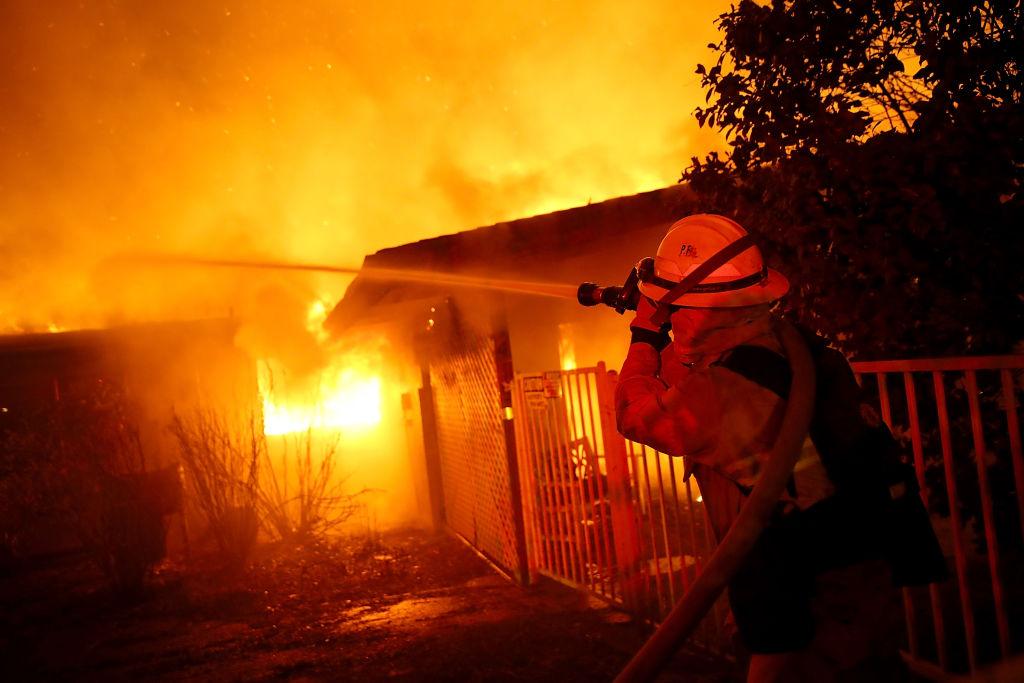California’s battle to keep insurers from leaving the state could become harder under a new bill that would add regulations to the already weakening property and casualty insurance market.
Authored by Sen. Josh Becker in February, Senate Bill 1060 looks to expand the list of acceptable fire mitigation protections that state insurers must offer discounts for when writing new policies.





